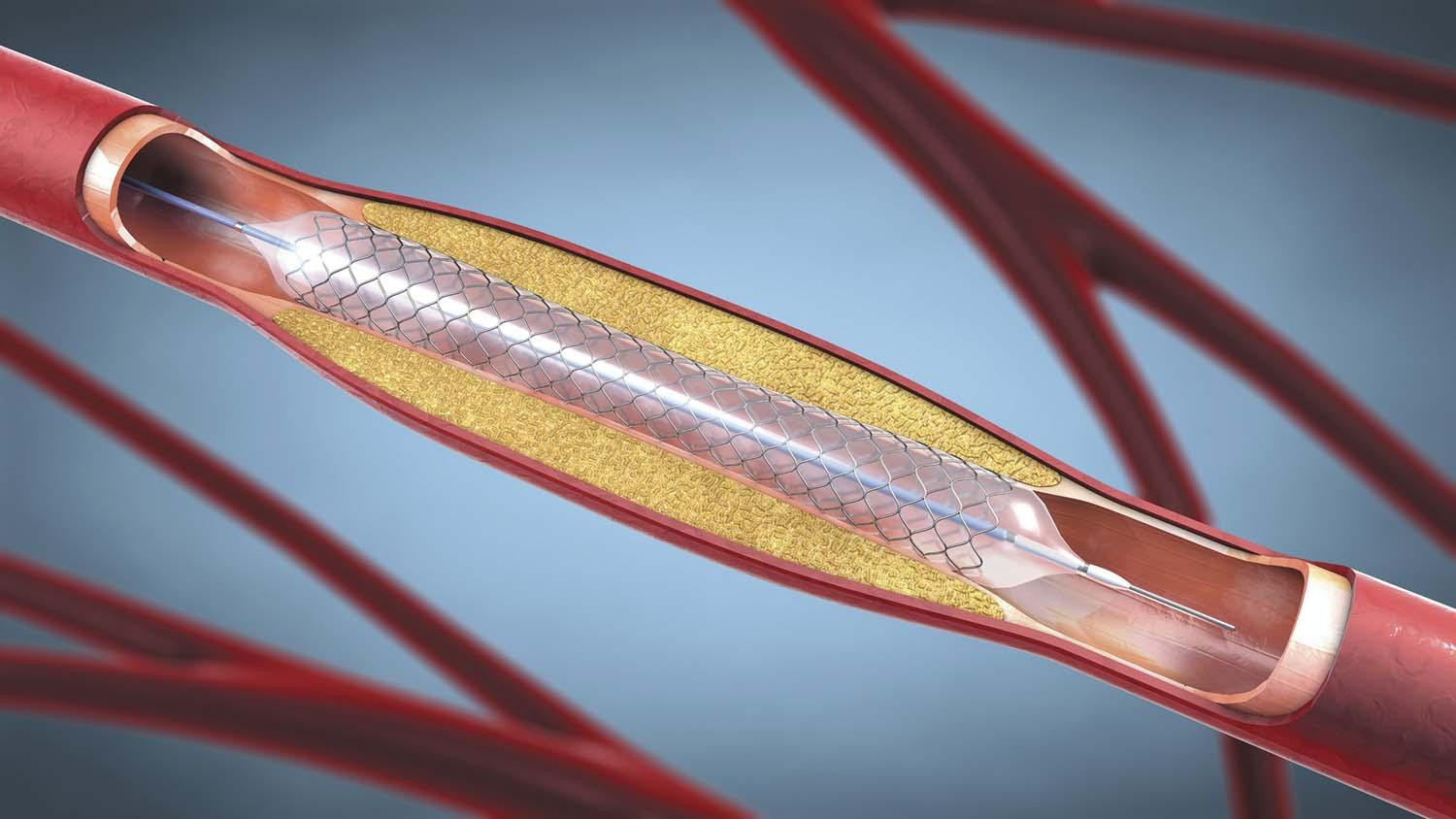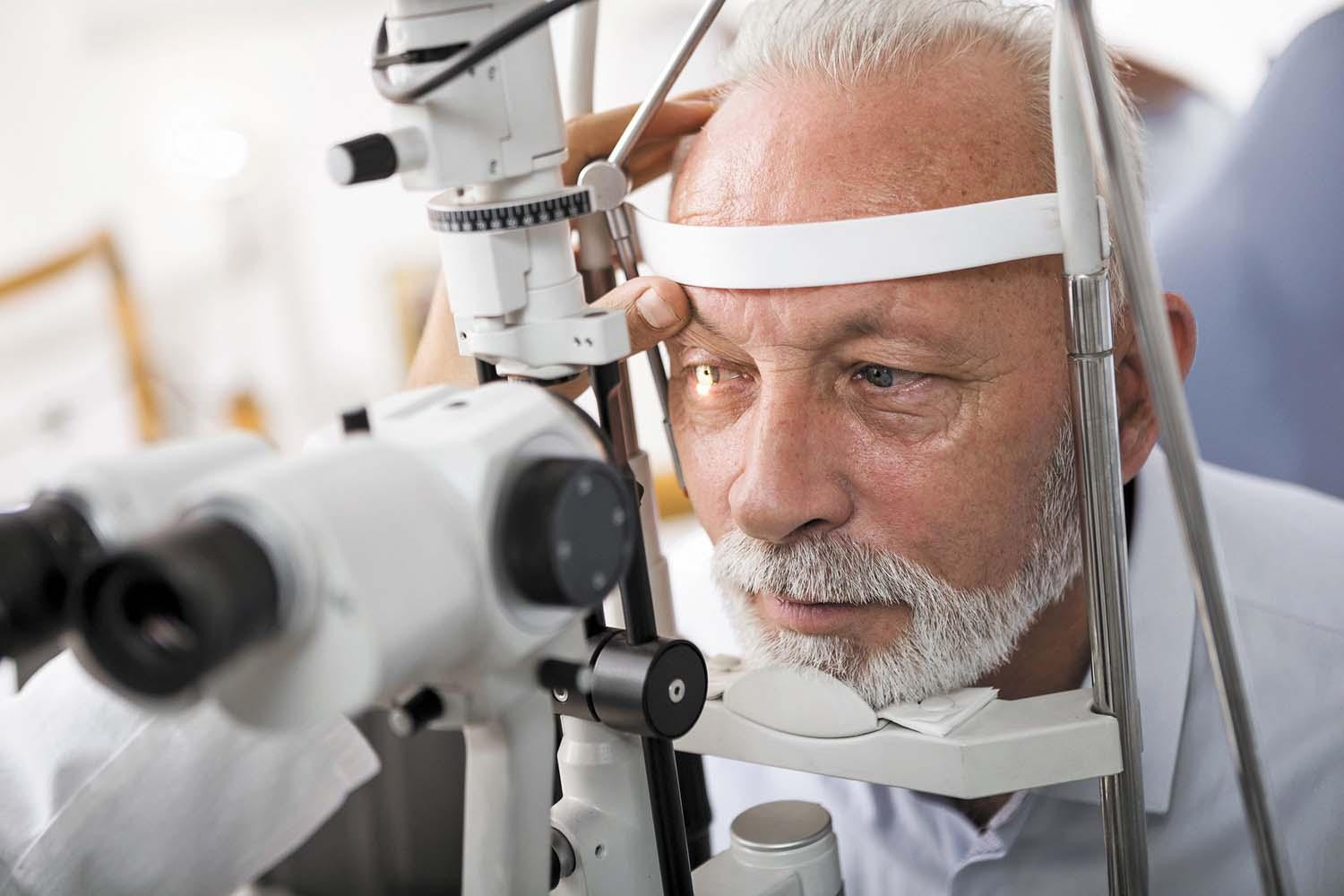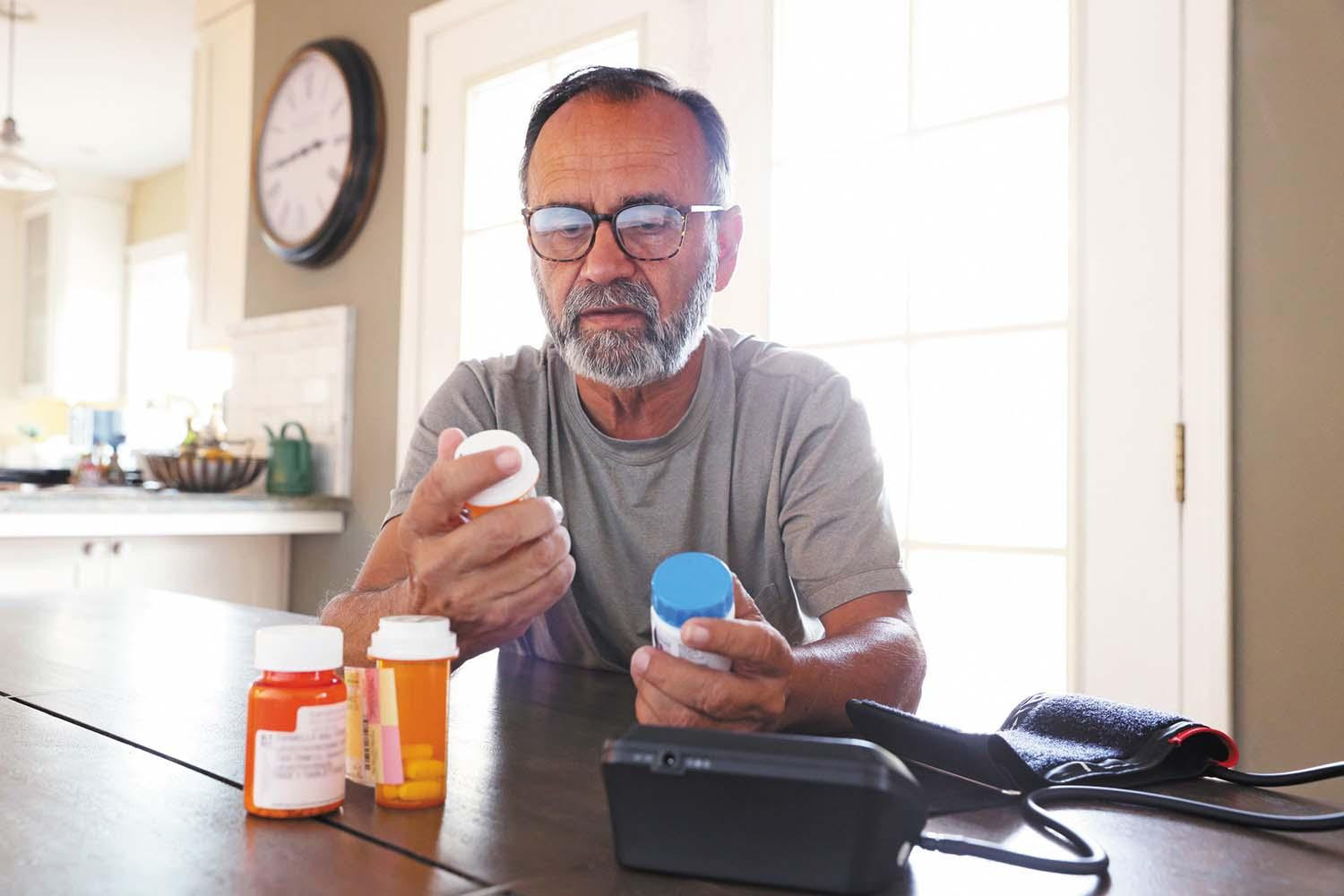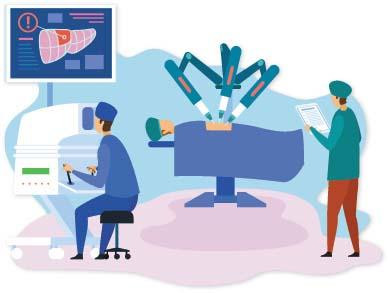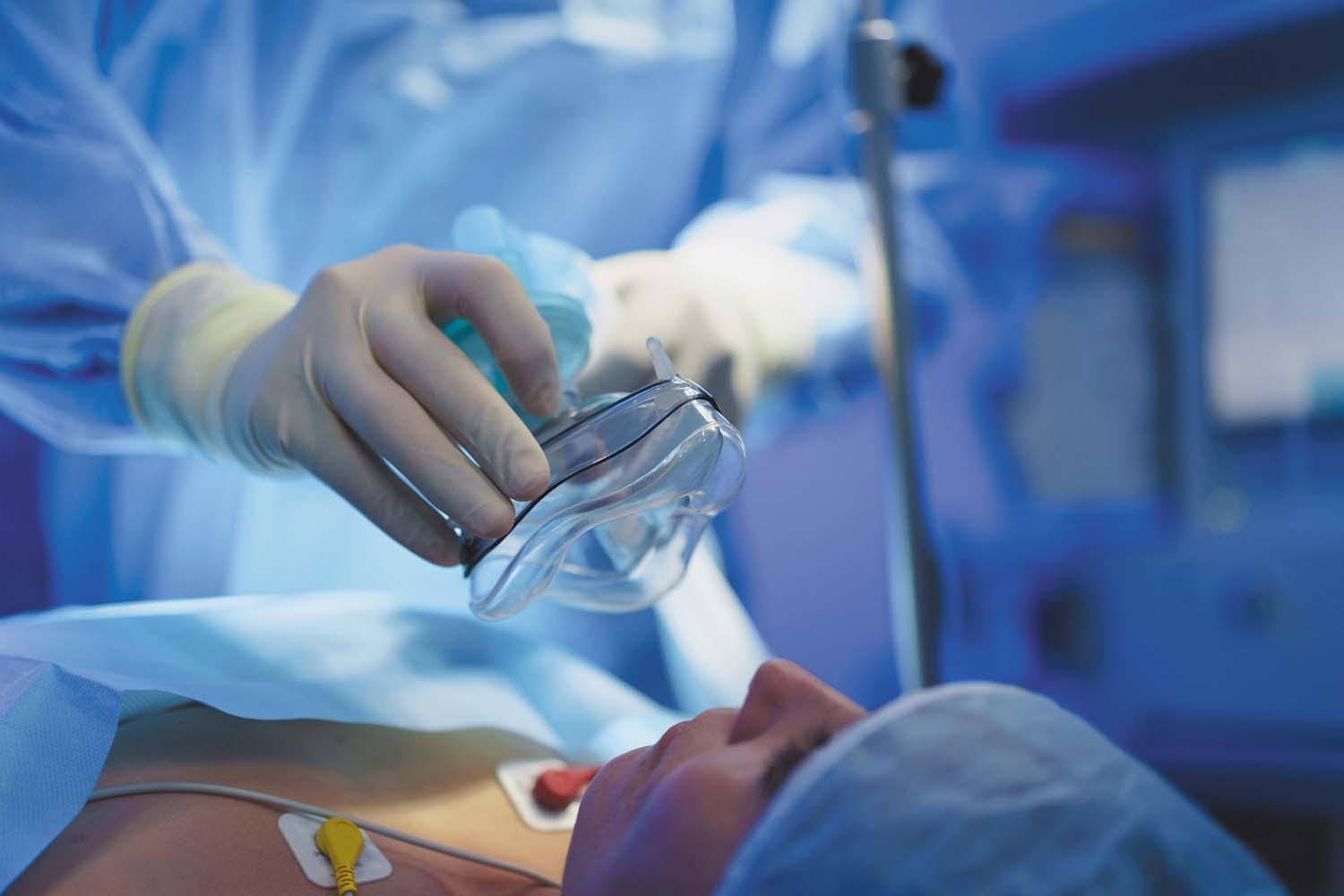
5 timeless habits for better health

What are the symptoms of prostate cancer?

Is your breakfast cereal healthy?

When pain signals an emergency: Symptoms you should never ignore

Does exercise give you energy?

Acupuncture for pain relief: How it works and what to expect

How to avoid jet lag: Tips for staying alert when you travel

Biofeedback therapy: How it works and how it can help relieve pain

Best vitamins and minerals for energy

Should you take probiotics with antibiotics?
Surgery Archive
Articles
Surgery may have an edge over injections for carpal tunnel syndrome
A 2025 randomized trial of people with carpal tunnel syndrome found that 57% of those who had surgery as a first-line treatment recovered within 18 months, without additional treatments, compared with 13% of people who received steroid injections instead.
When do you really need an angioplasty and stenting?
Coronary artery disease, the most common form of heart disease, occurs when cholesterol-laden debris narrows the arteries that supply blood to the heart. It is treated with lifestyle changes and medications. However, sometimes people also need a procedure called angioplasty to open a blocked or narrowed artery to improve blood flow to the heart, along with insertion of a stent to hold it open. Most people need this if they experience a heart attack or unstable angina, when chest discomfort occurs repeatedly and unexpectedly, often at rest.
An emerging trend for cataract surgery
Same-day bilateral cataract surgery removes cataracts in both eyes in one surgical session, instead of two surgeries that are a few weeks apart. The approach has many benefits, such as convenience, but it has risks, too. Vision clarity might not be as good as it is when the procedures are done separately. Some doctors fear that vision loss (which is a low risk for any cataract surgery) could possibly occur in both eyes at the same time.
Staying healthy after a heart procedure
After common heart procedures or surgeries, medications to help prevent heart attacks and strokes are essential. These include a combination of drugs to prevent blood clots (which is known as dual antiplatelet therapy and usually taken for just one year); drugs to lower LDL cholesterol down to 70 milligrams per deciliter or lower; and drugs to keep blood pressure and blood sugar in a healthy range.
Is robotic surgery a good idea?
In robotic surgery, a surgeon controls robotic instruments that perform the operation, based on what the surgeon sees on a TV monitor. This type of surgery has many advantages: it involves small incisions, better views inside the body, and better range of motion than human hands. A research letter published in the May 2025 issue of JAMA Neurology described how robots controlled by a distant surgeon could reach in, grab, and remove blood clots stuck in a brain artery, reducing the damage from a stroke.
4 questions to ask before you get anesthesia
The four types of anesthesia include local anesthesia, regional anesthesia, monitored anesthesia, and general anesthesia. Before getting anesthesia, one should ask the doctor which type of anesthesia will be administered, what its risks are, and if delirium is a high risk. One should also ask how to prepare for anesthesia in the days leading up to a procedure—whether medications might need to be temporarily halted, when to stop eating or drinking before surgery, and whether to schedule measures to help reduce delirium.
When the doctor needs a new heart valve
About one in every 20 people over age 65 has a stiff, narrowed aortic valve. A Harvard physician describes his experience with this condition, called aortic stenosis, from the heart murmur detected at age 66 to his open-heart surgery a decade later. After his diagnosis, he received echocardiograms every one to two years to check the valve, and later a stress echocardiogram. Because the echocardiogram revealed an aortic aneurysm, he had open-heart surgery so the surgeon could repair the valve and the aneurysm during the same operation.
Is your heart ready for sex?
Most men can resume regular sexual activity after a heart attack once they can engage in mild-to-moderate physical activity without experiencing marked fatigue, chest pain, or shortness of breath. For heart-related procedures like angioplasty with stent placement (to open a blocked artery and restore blood flow), coronary artery bypass surgery, or open-heart surgery, men should wait until surgical sites have fully healed before resuming sex. At the same time, men should address any lingering heart disease risk factors, such as high blood pressure and excess weight.
Do you really need bunion surgery?
Surgery is usually warranted when bunion pain becomes disabling, a skin ulcer develops, or it's necessary to prevent a bunion from dislocating the second toe. However, recovery can be long and painful, and there's no guarantee that bunions won't come back. Prior to surgery, it might help to use strategies that reduce bunion pain, such as adding cushioning to shoes, stretching shoes where a bunion rubs against them, getting roomier shoes or shoes made with stretchy fabrics, and using toe spacers.
Over-the-counter pills better than opioids after dental surgery
In a 2025 study of 1,800 patients undergoing dental surgery, a combination of two over-the-counter pain relievers was more effective and produced fewer side effects than prescription opioids for treating postsurgical pain.

5 timeless habits for better health

What are the symptoms of prostate cancer?

Is your breakfast cereal healthy?

When pain signals an emergency: Symptoms you should never ignore

Does exercise give you energy?

Acupuncture for pain relief: How it works and what to expect

How to avoid jet lag: Tips for staying alert when you travel

Biofeedback therapy: How it works and how it can help relieve pain

Best vitamins and minerals for energy

Should you take probiotics with antibiotics?
Free Healthbeat Signup
Get the latest in health news delivered to your inbox!
Sign Up

